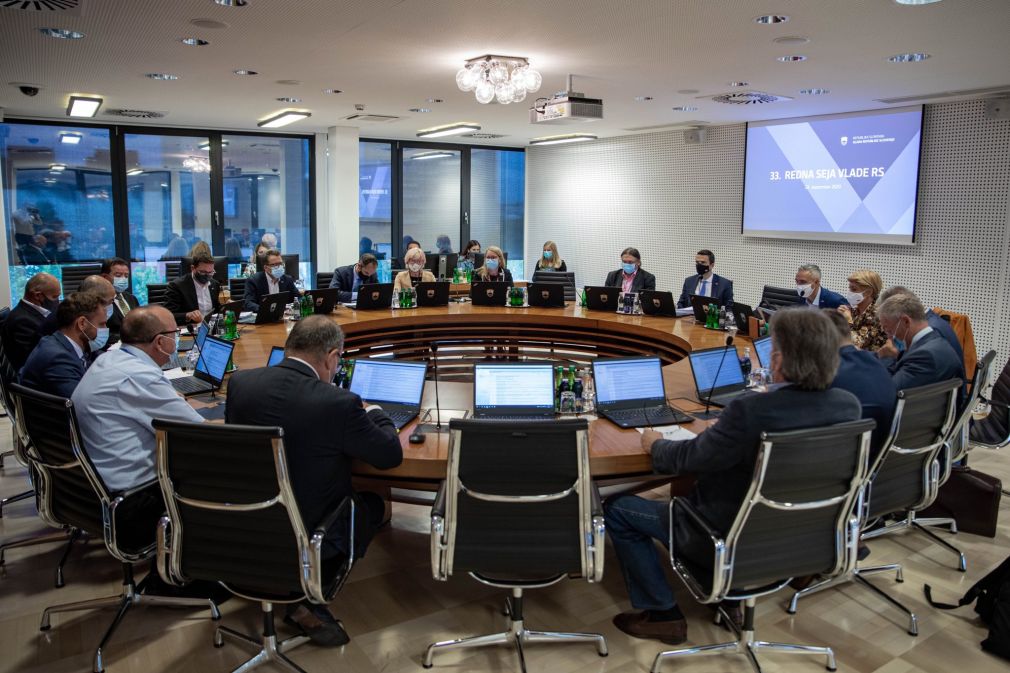Ever since the current government began its term, it has actively been working in many areas, and at the beginning of its term, it had to face the coronavirus crisis. On the very first day of the term, the members of the government met and drew up a plan on how to deal with the coronavirus, and they later adopted five intervention legislation packages, with which the government already has, and will continue to help the citizens cope with the crisis. As part of the aforementioned packages, the government has helped the self-employed, employees, companies, pensioners, and also those who are socially disadvantaged.
With the first intervention law, the government allocated basic income to all self-employed who had lost their income. It covered the pension and disability insurance contributions for the employees who still had to work during the coronavirus crisis. In addition, they also helped the companies, as the state covered the costs of workers who were waiting for work, as their employers were not able to provide them with work. In addition, the pensioners, students, and recipients of financial social assistance also received a one-off solidarity allowance.
The second anti-corona legislative package sought to ease the position of the companies in raising the much-needed liquidity bank loans, which contributed to maintaining economic stability in the country, preventing severe economic damage, maintaining jobs in companies, and ensuring sufficient medium-term liquidity of the banking system.
The government also decided to help companies with their liquidity in the third anti-corona legislative package, so it provided liquidity assistance by providing quick and favourable loans in the amount of five to 50 thousand euros, from the Slovenian Enterprise Fund. The government has also passed an intervention law, with which it removed the bureaucratic obstacles for the launching of new investments, especially in the construction sector. In the field of employment, they extended the measure of waiting for work, and thus enabled the continuing of the government paying the social contributions instead of the companies, which had to temporarily send their employees to the Employment Service of Slovenia, due to the lack of work.
Help for the tourism sector and the preserving of jobs part of the third anti-corona legislative package
To help one of the most affected industries, the government introduced tourist vouchers, which proved to be the measure that saved the shortened tourist season, and also helped the citizens afford a holiday in Slovenia. In order to preserve jobs, the government also decided to include a subsidy for part-time work for a worker, in the range of five to 20 hours per week, and the measure will be valid until the end of the year. According to the Ministry of Labour, Family and Social Affairs, they managed to stop the number of unemployed people from growing. Among other things, there were five percent fewer people registered as unemployed in September, than in the previous month.
Ahead of the expected second wave of the epidemic, the government passed two more intervention laws, defining aid to businesses and the self-employed. As part of the fourth legislative package, the state covers the costs of quarantining for a worker in the company, under certain conditions. In the fifth legislative package, it first took the self-employed into account, as it determined the basic income for the self-employed who have a 30 percent drop in income. They also extended the measure of waiting for work, for all industries, until the end of the year.
In addition to all of the above, the government is also active in other areas, the most important of which is the Demographic Fund
In the first phase of its term, the government had to face challenges, due to the coronavirus. Nevertheless, it also worked on the tasks from the coalition agreement. For example, one of the most visible projects is the Demographic Fund, which could be a good help in adapting to the projected demographic changes in the future. The Demographic Fund would thus ensure the creation of the necessary social and economic dynamics in a rapidly aging society, while at the same time guaranteeing the provision of funds for the times when the country will have high needs for pensions.
Sara Rančigaj


